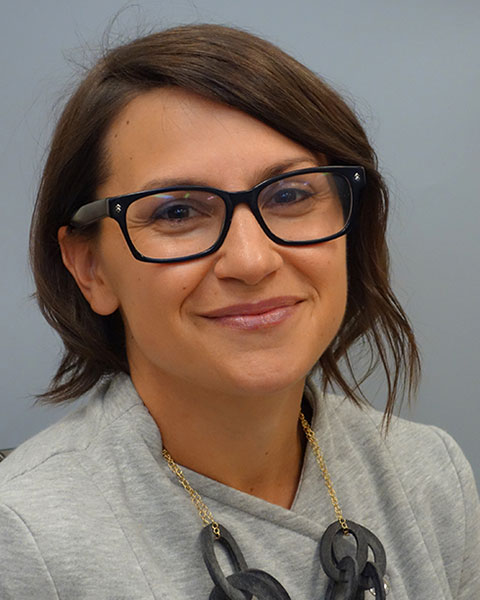Symposia
Schizophrenia / Psychotic Disorders
4 - (SYM 25) Training Families to Train Families in Cognitive Behavioral Techniques for Psychosis

Sarah L. Kopelovich, Ph.D.
Associate Professor
University of Washington School of Medicine
Seattle, Washington, United States- AV
Akansha Vaswani-Bye, Ph.D. (she/her/hers)
Postdoctoral Fellow
University of Washington, Seattle
Seattle, Washington, United States - HB
Helen Teresa Buckland, PhD (she/her/hers)
Continuing Education Specialist
University of Washington School of Medicine
Seattle, Washington, United States 
Victoria T. Shepard, B.S. (she/her/hers)
Research Study Coordinator
University of Washington School of Medicine
Seattle, Washington, United States
Speaker(s)
Co-author(s)
Background: Psychosis REACH (Recovery by Enabling Adult Carers at Home) is a direct-to-consumer CBT-informed Family Intervention for psychosis that trains family caregivers in psychosis psychoeducation, CBT-informed caregiver self-care, and cognitive behavioral techniques for psychosis. The training was co-produced by CBTp experts and families with lived experience. It relies upon collaborative co-facilitation between experts by education (international CBTp experts) and experts by experience, (Psychosis REACH Family Ambassadors, pRFAs). pRFA trainees participate in a 1-year bichronous training that culminates in a personalized plan to deliver CBTp skills coaching to REACH trainees. After describing the pRFA training approach, we will present quantitative and qualitative data related to the training program.
Method: Fifty-one trainees enrolled in the pRFA Training Program. We administered pre- and post-training clinical and feasibility measures to all trainees, conducted qualitative interviews with n = 21 graduates, and evaluated programmatic metrics.
Results: Ninety-two percent of trainees completed the program. Trainees found the training program to be highly acceptable, feasible, and appropriate, with average scores exceeding 4.5 points on a 5-point Likert scale. A majority (85.6%) strongly agreed that the training made them feel more prepared to hold groups with other caregivers supporting a loved one with psychosis and all trainees reported improvements in their ways of thinking, feeling, and behaving toward other caregivers as a result of completing the pRFA program. Notably, only 17 (36.17%) provided follow-up skills coaching to families in the 6 months following their graduation. Finally, we observed improvements in trainees’ own depression and anxiety.
Conclusion: The pRFA program represents a novel peer-professional partnership to deliver an empirically supported CBT-informed Family Intervention for psychosis in the community. pRFA trainees report confidence in their ability to coach other families in CBTp skills and benefits of doing so, but a minority follow through at 6m follow-up. We will discuss the implications of these findings.

.png)
